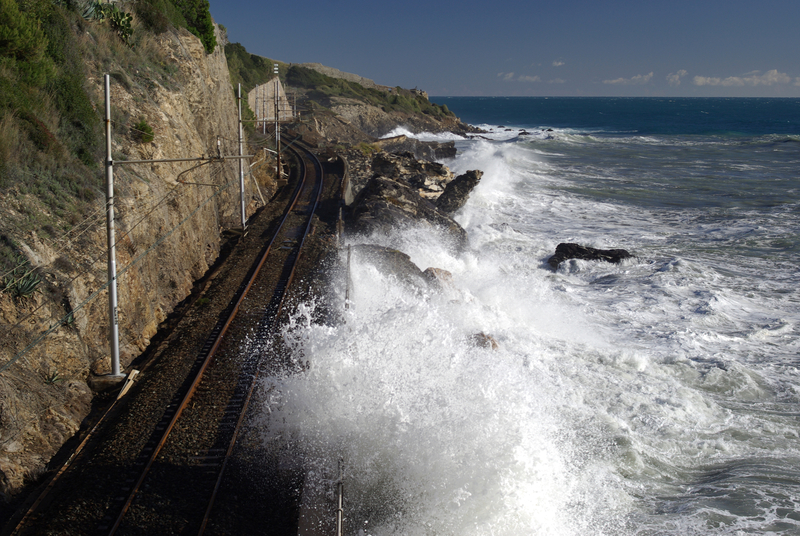A key highlight of SV-SHOCKS’s shock absorbers is their exceptional ability to perform reliably in varying conditions. Salty conditions—such as coastal climates, salted winter roads, or industrial environments—create demanding challenges for shock absorbers that can affect their durability, performance, and maintenance requirements.
Our shock absorbers are engineered and tested to perform reliably in demanding environments, including those where exposure to sea salt is a significant challenge.
Addressing corrosion challenges in damper design for salty environments
The most significant challenge is corrosion caused by salt. It accelerates the rusting of metal components, potentially weakening the structural integrity of the shock absorber and shortening its lifespan. At SV-SHOCKS, we manufacture shock absorbers that are highly resistant to corrosion. This challenge has been carefully addressed through our material selection and the specialized processing of each component.
The damper seals and protective structures are first class
Salt and moisture can significantly accelerate rust formation on a piston rod, a process known as pitting. The presence of salt, particularly in saltwater or road salt, acts as an electrolyte, speeding up the chemical reaction between iron, oxygen, and water that causes rust. Even microscopic pitting damages oil seals, allowing contaminants to enter and potentially leading to fluid leaks. To prevent this from happening our shock absorber piston rods, covers and seals are designed specifically for harsh, salty conditions.
Shock absorbers undergo salt spray tests
Shock absorbers are often exposed to harsh environmental conditions—especially in marine, rail, industrial, and heavy-duty vehicle applications. In these settings, parts are vulnerable to corrosion due to saltwater, road salts, or moist, salty air, which can degrade metal components, reduce performance, and shorten service life.
SV’s high-quality shock absorbers are tested with salt spray tests simulate the effects of long-term exposure to coastal, marine, or winter road conditions. By passing rigorous salt spray tests, our shock absorbers demonstrate great reliability in salty or humid environments and offer extended maintenance intervals.
